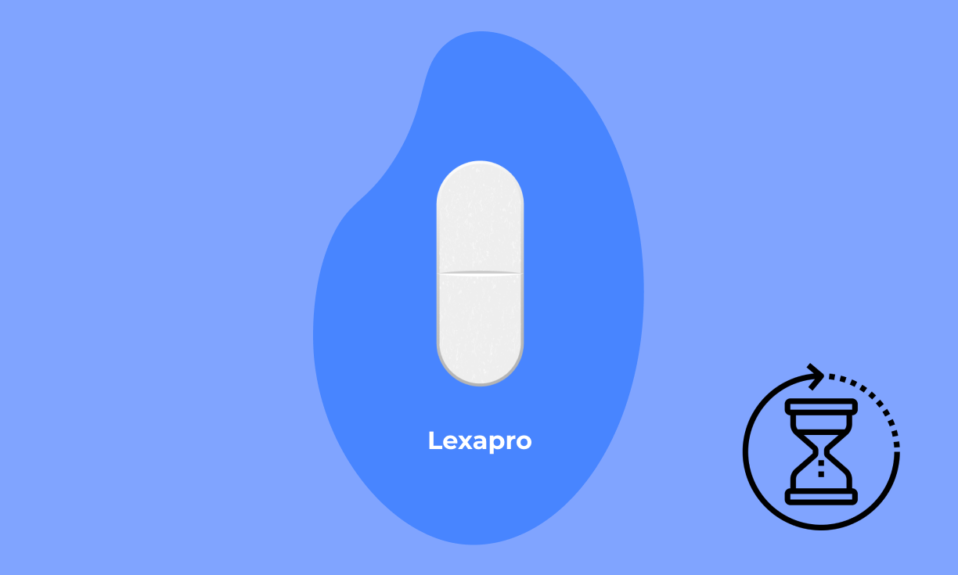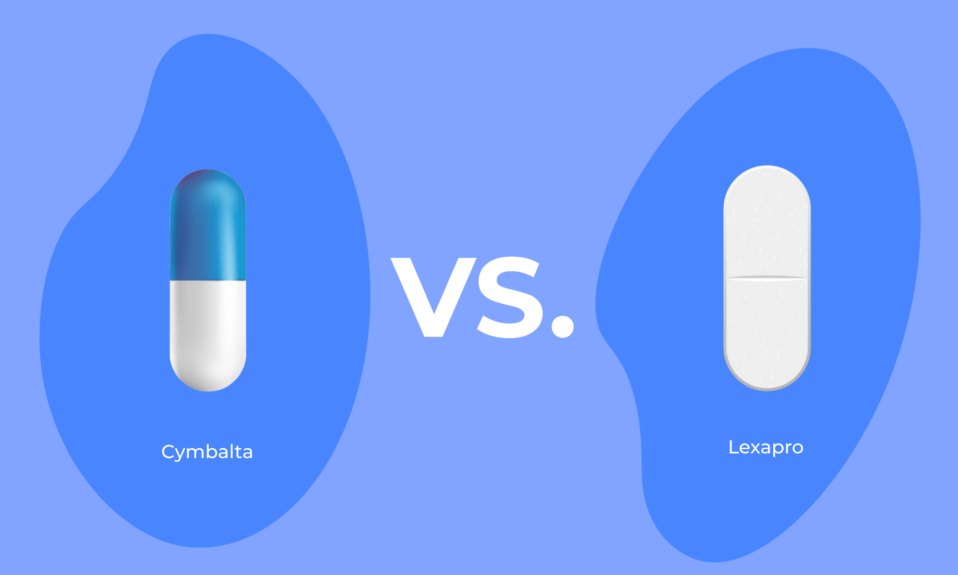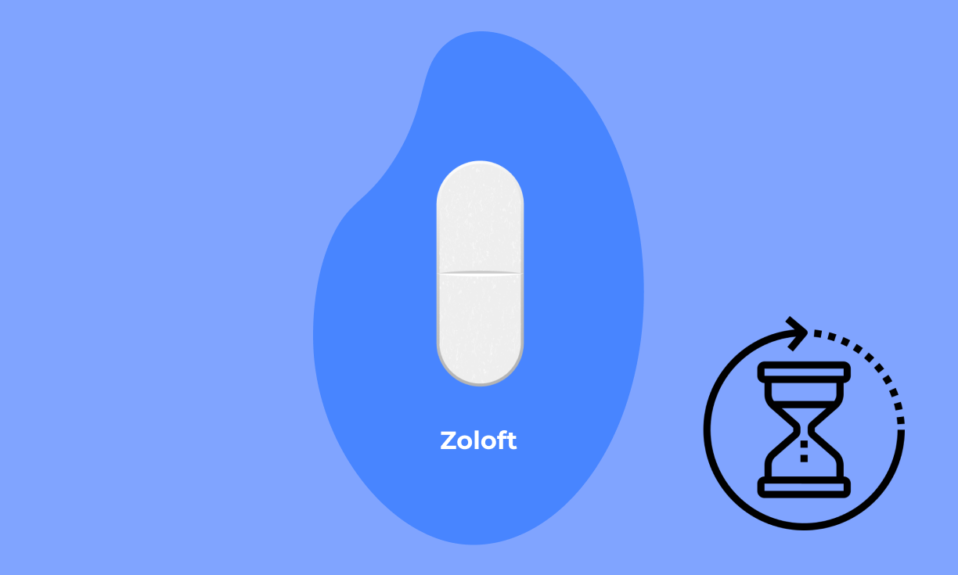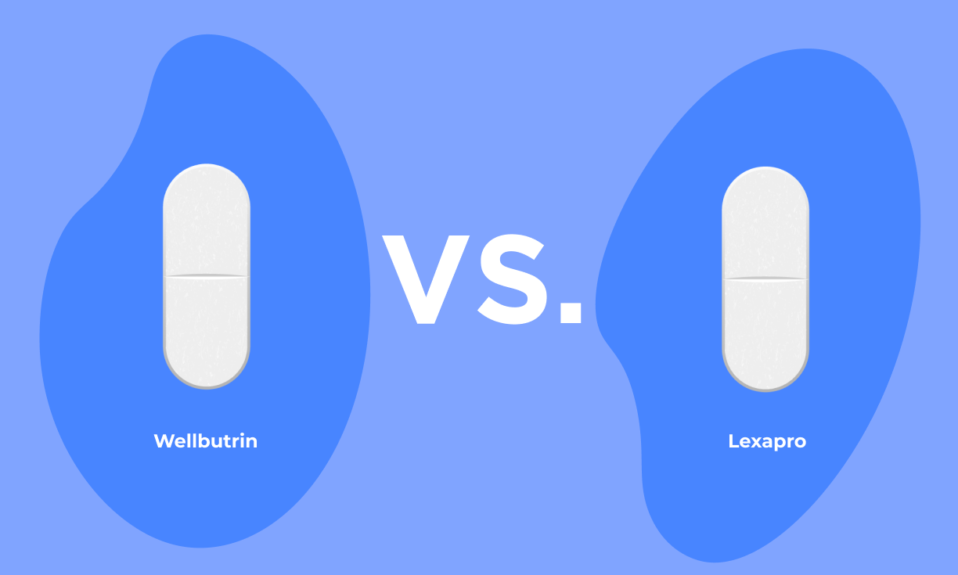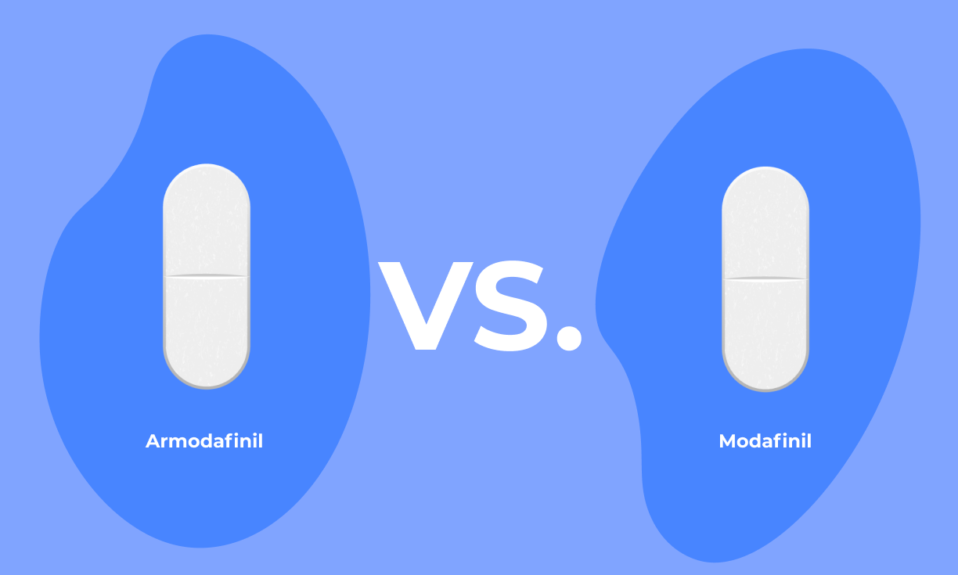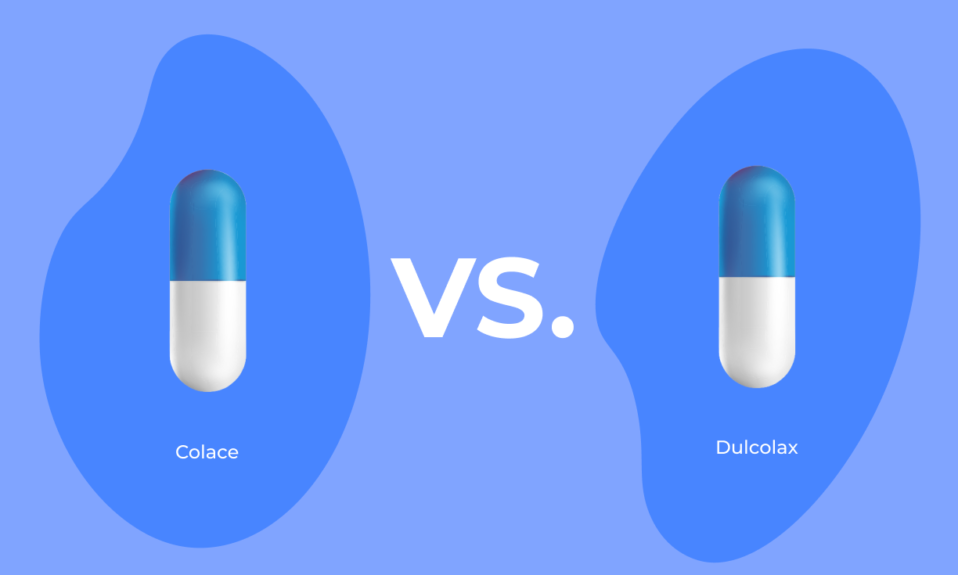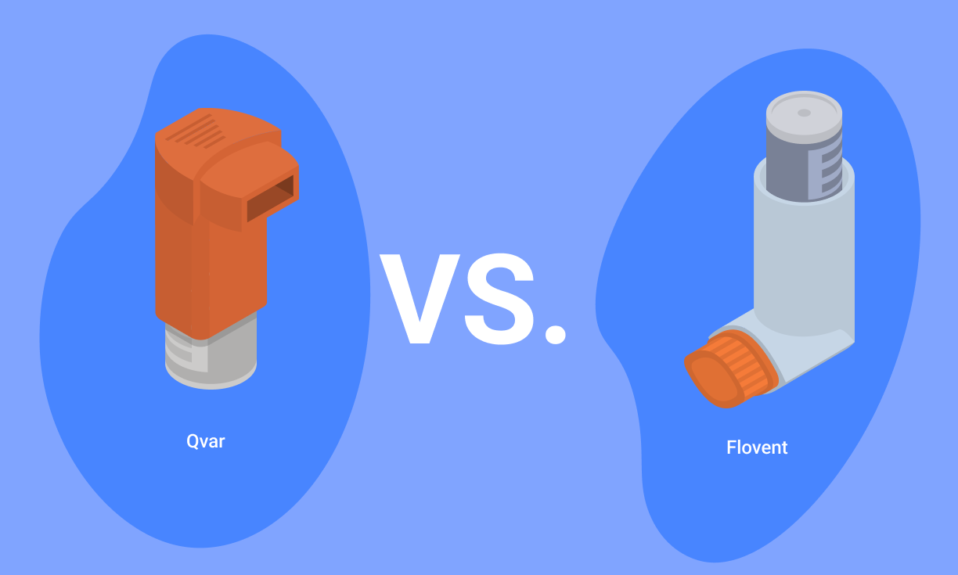Table of Contents Hide
Lexapro is an SSRI used to treat depression. The drug can stay in your body for 27 to 32 hours and can vary from person to person depending on their age, liver/kidney function, and drug doses.
Lexapro belongs to the class of antidepressants, classified as a Selective Serotonin Reuptake Inhibitor (SSRI), sold as a brand name to escitalopram. The medication treats depression and several other psychiatric conditions such as obsessive-compulsive disorder, panic disorder, generalized anxiety disorder, posttraumatic stress disorder, premenstrual dysmorphic disorder, and anxiety disorder.
The drug has extensive uses in various disorders of the psychiatric system but how long it offers its benefits depends upon how long it stays in your system. It’s crucial to determine this time because it helps you figure out the onset of withdrawal symptoms and allows you to adjust doses.
This article will discuss how long Lexapro stays in your system and its withdrawal symptoms.
What is Lexapro?
Lexapro or escitalopram belongs to a class of antidepressant drugs known as Selective Serotonin Reuptake Inhibitors (SSRIs).
Serotonin is a neurotransmitter, a brain messenger chemical that carries signals between nerve cells in the brain and is believed to be important in influencing emotions, mood, memory, and sleep.
It’s thought that selective serotonin reuptake inhibitor (SSRIs) medications work by altering and increasing the balance of serotonin levels in the brain.
After carrying a message, serotonin is usually reabsorbed by the nerve cells (known as “reuptake”). It’s thought that SSRIs work by blocking (“inhibiting”) reuptake, meaning more serotonin is available to pass further messages between nearby nerve cells. This action of SSRIs regulates emotions and mood.
How Long Does it Take to Work?
Lexapro typically takes at least two weeks to produce significant improvement in mood. The maximum effect of the drug may be achieved in up to 12 weeks or more.
What is the Half-Life of Lexapro?
The half-life of a drug is a term used to describe how long it takes for the amount of medication administered to decrease to half of the original quantity. It estimates how long it takes for your body to clear out the drug. The half-life of a drug is essential to consider because it tells you when to stop taking the medication. Moreover, by quitting cold turkey, you risk the development of unpleasant withdrawal symptoms.
Lexapro has a half-life that ranges from 27 to 32 hours. What makes the half-life of a drug impossible to calculate definitively is that it depends from person to person. Everybody has a different metabolism, different degrees of liver or kidney functions, and different tolerance.
What does this imply? The half-life of Lexapro means that if you take 20 mg of Lexapro once, it will decrease to 10 mg in about 27 to 32 hours. Over the next 27 to 32 hours, your bloodstream would contain 5 mg of Lexapro. This cycle would continue until the entirety of the drug is out of your body.
Check out other informative articles on our blog
How Long Does Lexapro Stay in Your Blood?
Since the half-life of Lexapro is 27 to 32 hours, it takes around five half-lives for the medication to be cleared from your system. The average number of days for your body to wash out Lexapro is six days.
How Long Does Lexapro Stay in Your Urine?
After an oral dose, about 8% of the amount exits the body in urine as escitalopram, and 10% of the dose as S-desmethylcitalopram, one of Lexapro’s primary metabolites; clearance following an oral dose is 600 mL/min, with 7% of that occurring through the renal system. A urine test may show the presence of Escitalopram for up to one week after the last dose because of the stored residual metabolites. Since Lexapro is not a controlled substance, it is not routinely tested in urine as a part of screening tests.
What Determines How Long Lexapro Stays in Your System?
The amount of time Lexapro stays in your system depends upon many factors. Here are some of these factors and how they impact the time the drug stays in your system.
Drug Dose
One of the most prominent factors determining this time is a person’s dose. If you take a small dose of Lexapro, such as 10 to 20 mg every day, the chances are that your body doesn’t have any trouble getting rid of the medication. You are unlikely to experience any severe withdrawal symptoms, and it’s possible to stop taking the drug abruptly.
However, if you take a high dose of Lexapro daily, such as 50 mg per day, you will likely develop withdrawal symptoms if you quit cold turkey. To avoid this, physicians advise people taking high doses of Lexapro to leave slowly over some time rather than stop taking the drug abruptly.
Age
People of greater age take longer to remove the drug from their body because Lexapro reaches greater concentrations in the bloodstream. This occurs most commonly in people aged 65 and older since their half-life increases by 50%.
Hepatic Function
The liver plays a crucial part in metabolizing drugs and removing them from your body. People with hepatic dysfunction have trouble getting rid of Lexapro, and the drug’s half-life is doubled. If you have a normal liver function, you can remove Lexapro from your system at a tremendous pace.
How Long You Take The Drug
If you have been taking Lexapro for years, the drug must have built up in your body in small quantities. These small quantities accumulate over time and hence are harder to remove. People who have only taken one to two doses of Lexapro remove it with relative ease.
Renal Function
The kidney is another organ essential for drug metabolism and excretion. A person with mildly impaired renal function will face a 17% increase in the half-life of Lexapro.
Side Effects of Lexapro
Like every other medication, Lexapro has adverse effects that may accompany the positive impact. Not all patients experience these symptoms, some may experience one or two, some more than that, and some will remain free of the adverse effects of taking Lexapro. These symptoms include:
- Dry mouth
- Dizziness
- Nausea
- Headache
- Diarrhea,
- Increased sweating
- Feeling nervous
- Restless
- Fatigue
- Having trouble sleeping (insomnia).
These will often improve over the first week or two as you continue to take the medication. Sexual side effects, such as problems with orgasm or ejaculatory delay often do not diminish over time.
If you are having suicidal thoughts, contact the National Suicide Prevention Lifeline at 1-800-273-8255 for support and assistance from a trained counselor. If you or a loved one are in immediate danger, call 911. For more mental health resources, see SAMHSA.
Conclusion
Lexapro is an SSRI used widely to treat depression. The drug can stay in your body for 27 to 32 hours and can vary from person to person depending on their age, liver/kidney function, and drug doses.
The medication accumulates in your body over time which is why it might take a while before it is entirely out of your system. Abrupt withdrawal of Lexapro in patients who have been taking the drug for a while or in high doses can result in various withdrawal symptoms. Therefore, it is important to talk to your doctor or a healthcare professional about the appropriate strength and dosage of the drug.
Frequently Asked Questions (FAQs)
What happens when you suddenly stop taking Lexapro?
Abrupt withdrawal of Lexapro in patients who have been taking the drug for a while or in high doses can result in withdrawal symptoms. These symptoms include:
- Dizziness
- Headache
- Irritability
- Nightmares
- Nausea
- Paresthesia
- Vomiting
- Depression
- Anxiety
- Mood swings
- Restless legs
- Loss of appetite
How long do the effects of Lexapro last after you stop taking the drug?
The medication accumulates in your body over time which is why it might take a while before it is entirely out of your system. If you stop taking the drug cold turkey, it might cause withdrawal symptoms that can last for up to 3 months.
How can I flush Lexapro out of my system?
There is no quick way to flush Lexapro out of your system. On average, a typical dose of Lexapro will stay in your system for approximately six days after you take it.


